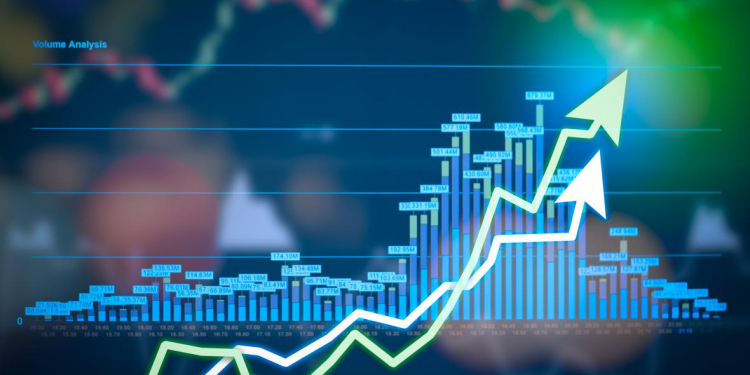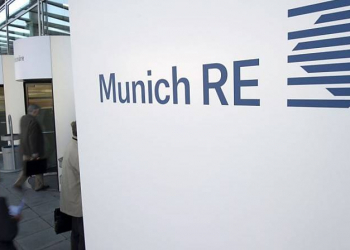The FINANCIAL — Coronavirus pandemic resulted in the most severe global economic contraction of 21 century, however, the world is slowly recovering from the most drastic global economic crisis since the Great Depression. TBC Capital published the research about tracking the recovery of Georgian economy. Authors of this publication are, Otar Nadaraia, Mary Chachanidze, Aleqsandre Bluashvili and Tornike Kordzaia.
According to the research, transaction registrations in Tbilisi approaching a positive growth territory. Year over year change in mortgages stood at 7% in the week ending on 29 th July. New issuances remain on a growth trend from the beginning of the month. Of mortgages issued since 6th of July, 30% are beneficiaries of the state subsidy program. The 7 day moving average of the transaction registrations in Tbilisi is approaching the 2019 level, currently standing at -6% YoY, compared to -18% in the previous week.

Stable growth is maintained in non-cash payments. The non-cash transactions in apparel increased slightly from last week and stood at +37% YoY in the fourth week of July. Growth in resident non-cash spending on non-grocery & pharmacy items also increased to 37% YoY. Growth remains sizable in non-cash spending on grocery and pharmacy at 33% and 39% YoY, respectively.
Non-cash payment spending on entertainment also increases, currently standing at -38% YoY. In addition, non-cash spending on fitness already reflects the ease of regulations and shows noticeable improvement at -20% YoY in the fourth week of July but decreased slightly from the last week.
Cashless spending on construction materials maintains a solid growth rate at +39% YoY. The week was slightly weaker for non-cash spending on furniture and appliances, standing at 31% YoY in the fourth week of July, compared to 35% in the last week. Meanwhile, growth in non-cash spending on electronics down compared to last week, currently at 24% YoY.
Non-cash spending on personal care and other consumer goods shows no noticeable change, as well as fuel and transportation.

Spending on doctor visits and medical equipment continues to rise. Growth of non-cash spending on doctor visits displays strong growth at +30% YoY but decreases for the last four weeks.
A slight increase observed in the growth in non-cash spending in hotels at -73% YoY this week,compared to -76% YoY last week. Non-cash spending in restaurants improved with the growth standing at -23% in the fourth week of July.
July occupancies are up in Batumi and regional hotels, on the back of domestic tourism.
Current bookings: Reservations for July indicate a 4%occupancy in Tbilisi, 15% in Batumi, 37% in Kakheti and 19% in other regions (including Kutaisi, Borjomi, Kazbegi). Occupancies are lower for SME hotels, although Kakheti leads the grid with 22%.
Change in occupancy: As for the week’s change in the occupancy** for Corporate hotels, it has grown for Seaside (+3p.p.), Kakheti (+6 p.p.) and other regions (+4 p.p.), remaining flat for Tbilisi.
Weekend occupancy: As compared to the last weekend, occupancies are up, averaging 56%, 28% and 27% for Kakheti,Other Regions, and Seaside respectively.
Price discounts: Around 45% discounts in ADRs are observed in Kakheti in July, while other hotels offer relatively modest discounts
Summary of non-cash spending dynamics by sectors

Remittances inflow in TBC remain on the positive growth territory, standing at +18% YoY during 20-26th July. Inflows from Azerbaijan and Ukraine more than doubled YoY. Armenia and North America continue solid growth. The dynamic from Russia remains negative. Transfers from the Middle East (incl. Turkey) remains to a positive YoY growth. Inflows from EU & UK, which make up the largest share in the remittances remain on the double digit growth territory.
US GDP plunged nearly 35% as over 50 M Americans filed unemployment


































Discussion about this post